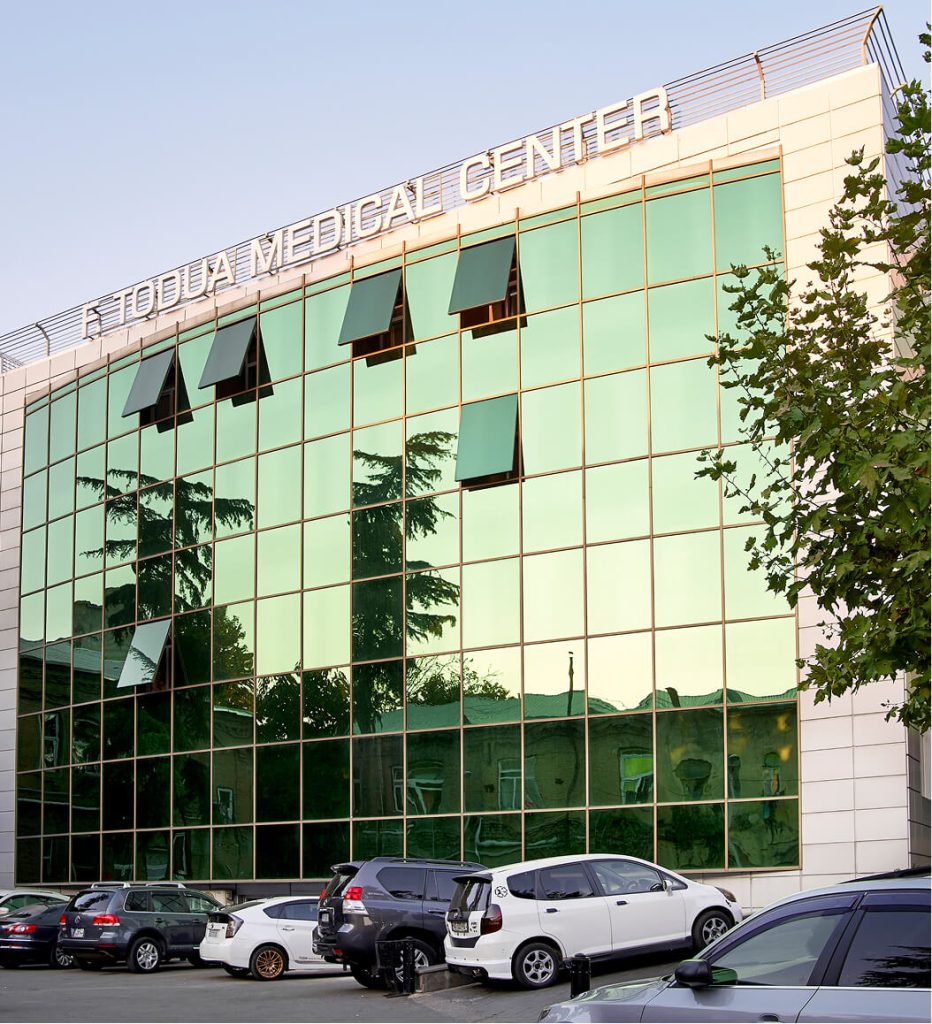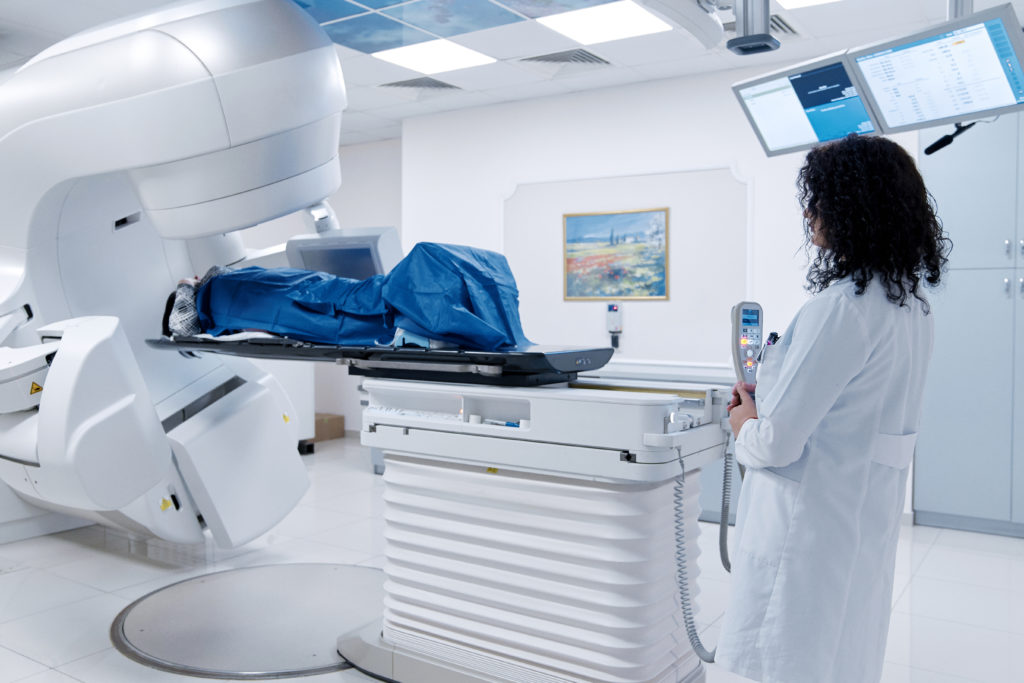
Plan Cancer Registry II
Strengthening Data Quality and Completeness of the Tbilisi Cancer Registry

At present, the delivery of radiation therapy in Tbilisi is characterised by several structural problems. Adherence to clinical guidelines is limited and there is no discernible multi-disciplinary approach to cancer care, which means the participation of radiation oncologists in decision-making teams is restricted. A lack of education opportunities is compounded by a shortage of clinical and specialist training for medical physicists, and there is little standardisation of either quality standards or best practices across Tbilisi’s network of treatment centres, which contributes to sub-optimal treatment and referral processes.
To improve quality and safe radiation therapy within Tbilisi’s network of city hospitals. This goal will be supported by a strategic plan for the development of radiotherapy, with short, medium and long-term targets corresponding to the needs of the city’s cancer patients.
This plan, in turn, will serve as the basis for stakeholder alignment and cooperation, prioritisation of investment, and collaboration with international partners that will help increase access to radiotherapy. The project will also enable the creation of a quality assurance program, which will include the implementation of city-led comprehensive audits to improve and standardise the quality of radiotherapy across the city.
Quality assurance components will ensure that all radiotherapy departments (units) meet international quality standards. This will give all patients, regardless of the cancer care institution, access to equitable, quality cancer care throughout the city, and enable the city to provide international standards for new departments.
In parallel, a long-term training strategy for radiation medical physicists (radiotherapy, nuclear medicine and RTT specialists) will allow the city to raise standards and ensure higher quality of care.
Three inter-disciplinary, inter-institutional technical working groups were organised to focus on the different outputs, and a revision of best available international and local evidence was carried out to develop the documents. An international consultation was carried out with experts nominated by the International Atomic Energy (IAEA) as well as relevant city stakeholders, including the Agency for Nuclear and Radiation Safety (ANRS). The finished and translated documents were submitted for approval, endorsement and dissemination by the relevant authorities.
This website uses its own and third-party cookies to improve the browsing experience. Read the Cookies Policy.